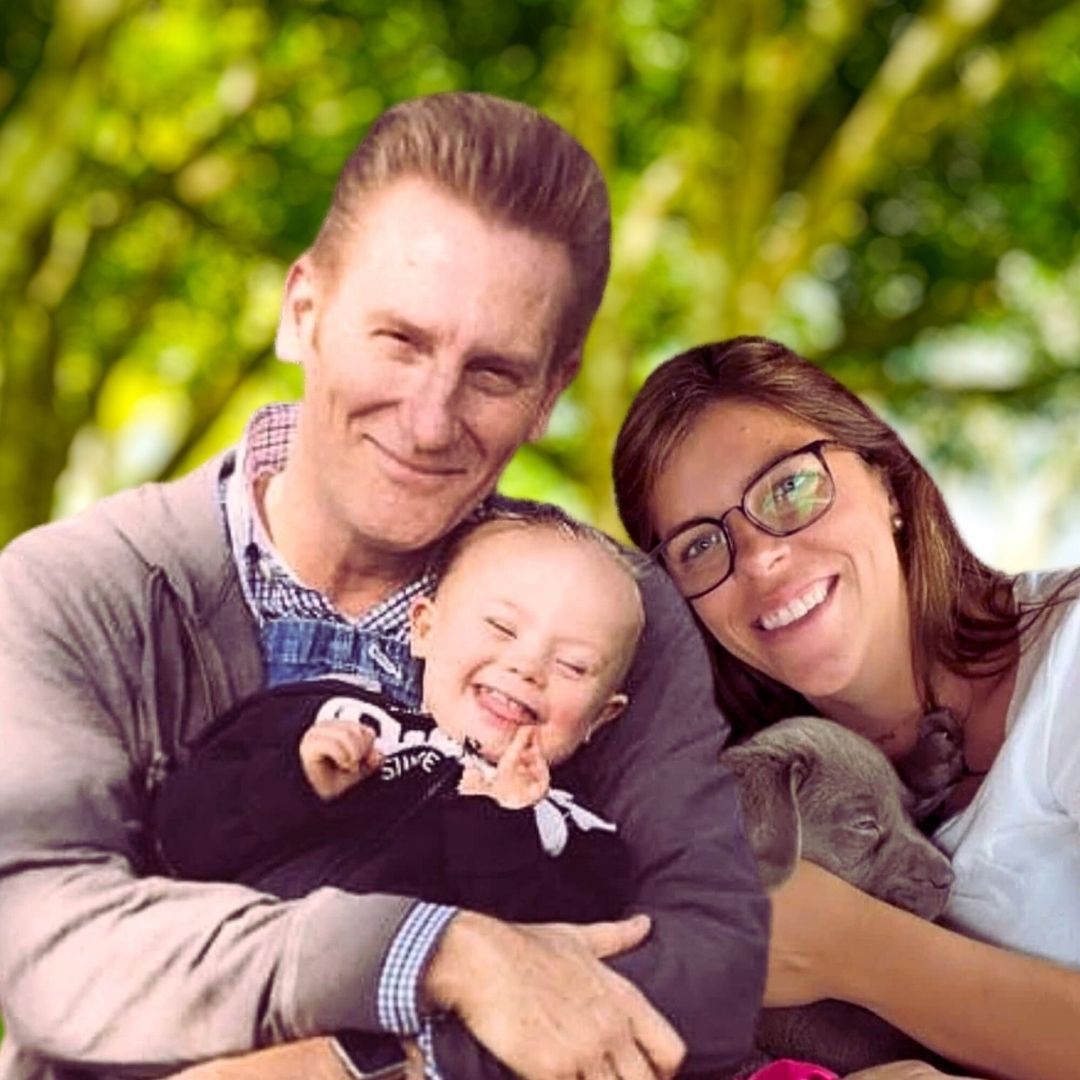
“I’ll Fly Away” is one of those songs that feels like a warm hug from the past—a timeless classic that has traveled through generations, carrying with it a message of hope, peace, and spiritual release. Written by Albert E. Brumley in 1929, this hymn is often considered the most recorded gospel song of all time. Its simplicity is part of its magic: a melody that’s easy to hum, lyrics that speak directly to the soul, and a rhythm that somehow makes you feel both grounded and uplifted.
The song paints a vivid picture of life as a fleeting journey, with the promise of eternal peace just beyond the horizon. It’s the kind of song that makes you feel connected—to your faith, to loved ones who’ve passed, and to the shared human experience of yearning for something greater. Whether it’s sung in the hushed intimacy of a church gathering or belted out joyously at a family reunion, “I’ll Fly Away” has a way of bringing people together.
There’s a quiet power in the words: “Some glad morning, when this life is over, I’ll fly away.” They carry a bittersweet combination of longing and reassurance. It’s no wonder the song has found a home not just in gospel circles but also in country, folk, and even pop music. Everyone from Johnny Cash to Alison Krauss has put their unique stamp on it, proving its universal appeal.
What makes “I’ll Fly Away” truly special is the way it can evoke different emotions depending on where you are in life. For some, it’s a celebration of freedom and release; for others, it’s a comforting reminder of a reunion yet to come. Either way, it feels like a promise—a bright, shining light at the end of a sometimes winding and dark road
Video
